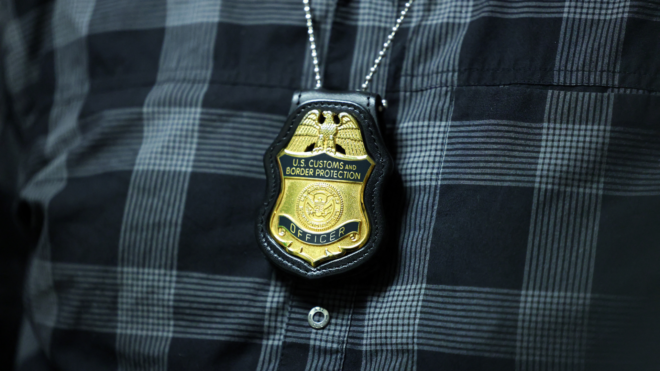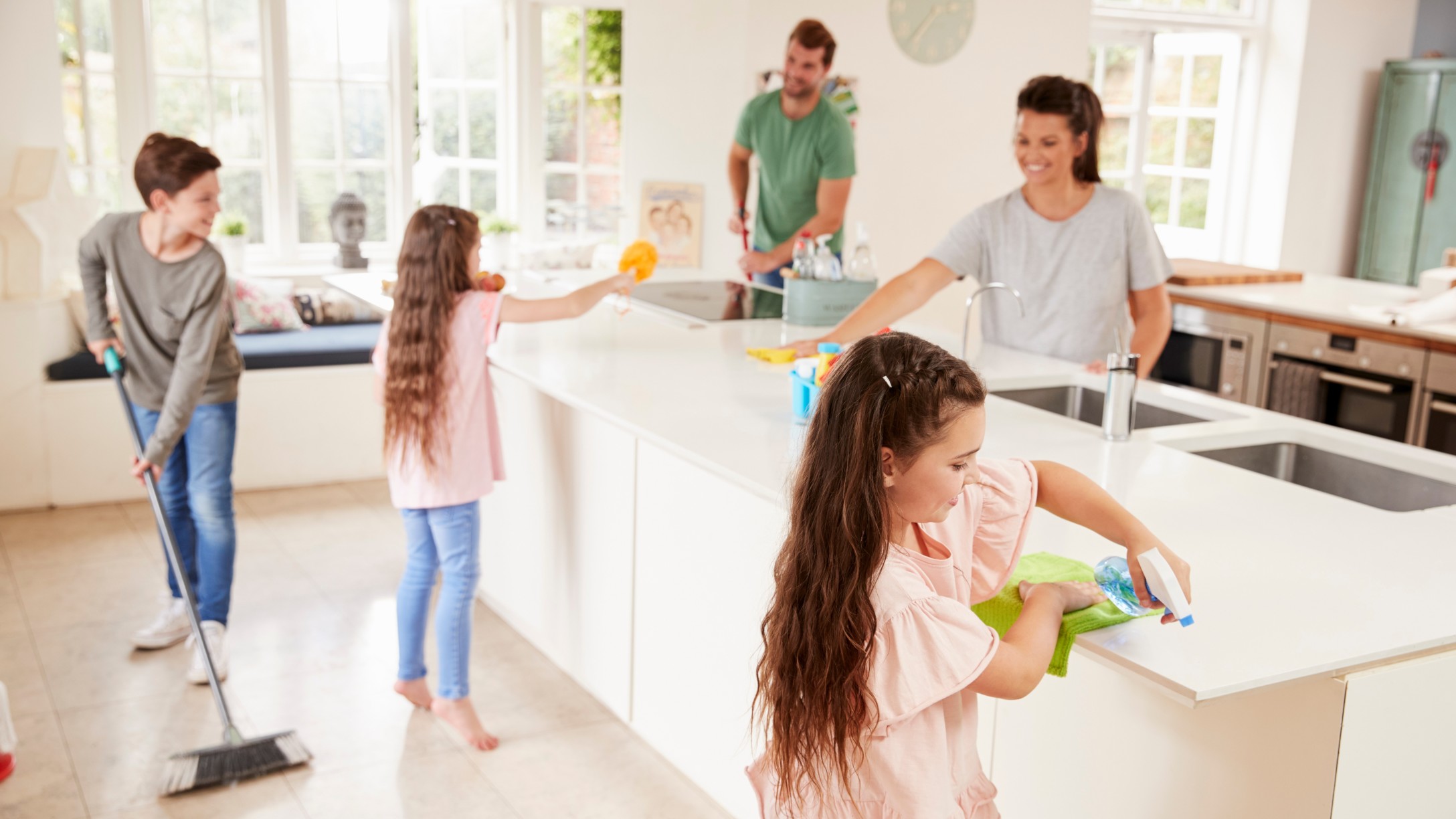
The kitchen in a family's home is so much more than a kitchen. Sure, it's where you keep and prepare food, but it's also a high-traffic area that everyone goes in and out of multiple times a day for multiple reasons. It's where meals, conversation, homework, bonding, bickering, and so much more happen. It's also a place that can get really dirty, really fast because of all that traffic and it's incredibly important to keep your kitchen clean in order to help keep your family healthy.
More from MamásLatinas: 20 Vitamin C-rich foods we & our kids should be eating right now
Any germs or pathogens in your kitchen can easily make their way into the food your family eats or simply be spread by touching a contaminated surface. This can end up causing an illness that then spreads to the rest of the family. Nobody wants that, which is why cleaning and sanitizing your kitchen regularly to get rid of germs is something we should all be doing. We're not suggesting you keep your kitchen hermetically sealed and ban everyone from entering it. What we are suggesting is adopting a few cleaning habits that will help keep your family healthy.
We've got kitchen cleaning tips that you and your entire household–yes, everyone can help, this doesn't have to be all on you–can incorporate into the daily routines that will help you keep germs away. Keep in mind that these cleaning tips are something you want to start doing before anyone ever gets sick because if someone in your family is already sick, your disinfecting measures need to be adjusted to an even higher level. As we all know, it's easier to keep a healthy family in good health than it is to try and stop the spread of an illness within the family once a family member has gotten sick.
Let’s start off by reviewing the proper way to wash your hands.
So much of staying healthy and keeping others healthy involves keeping germs off your hands, which is why we all want to be washing our hands correctly and teaching our children how to wash them correctly. Remember that a good handwashing should last at least 20 seconds and include cleaning under your fingernails. This video by the Centers for Disease Control and Prevention breaks down the process for you and yours.
What should you use to clean?
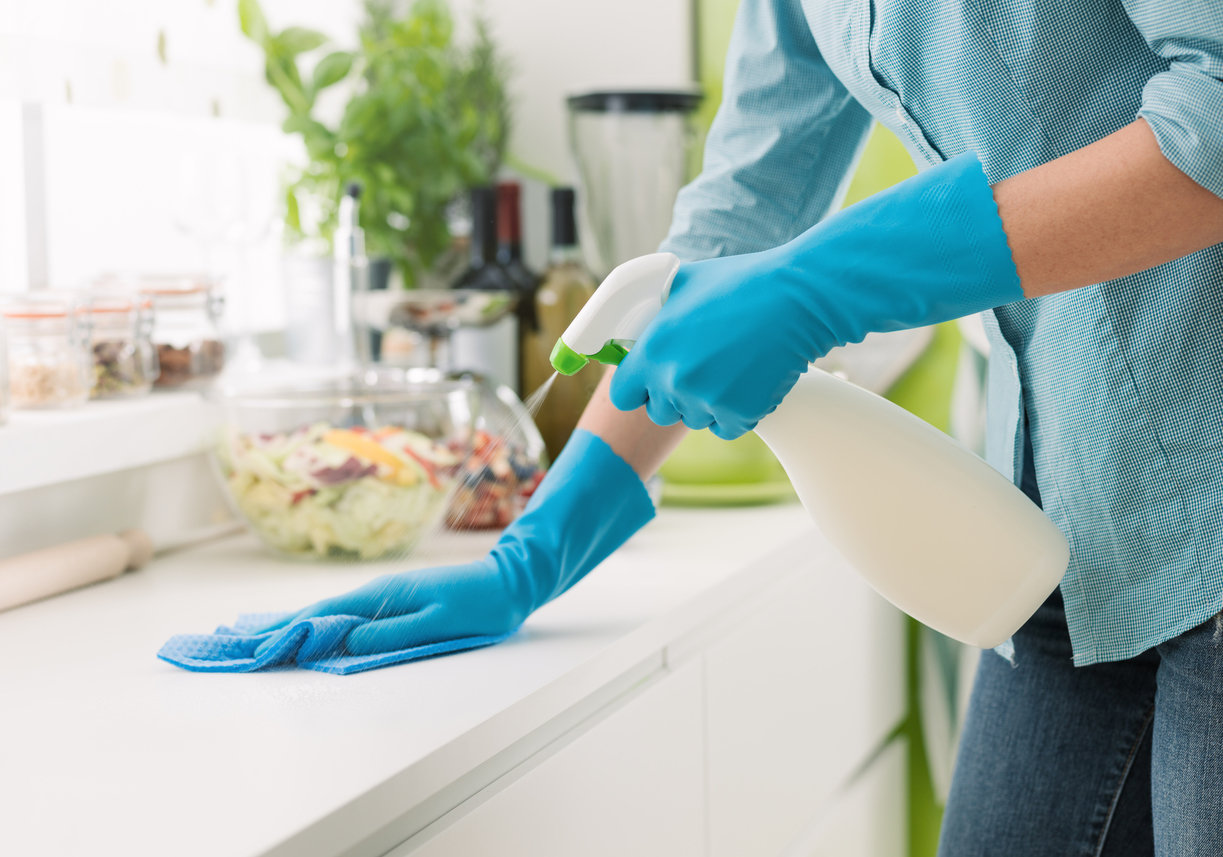
Use sprays or wipes that say they kill 99.9% of germs. If you can't find or don't have those kinds of cleaners, don't worry. You can use good ol' soap and water. Mix a small amount of dish soap with about 1 cup of water, spray on surfaces, then scrub the germs away.
Read the instructions on your cleaning products.
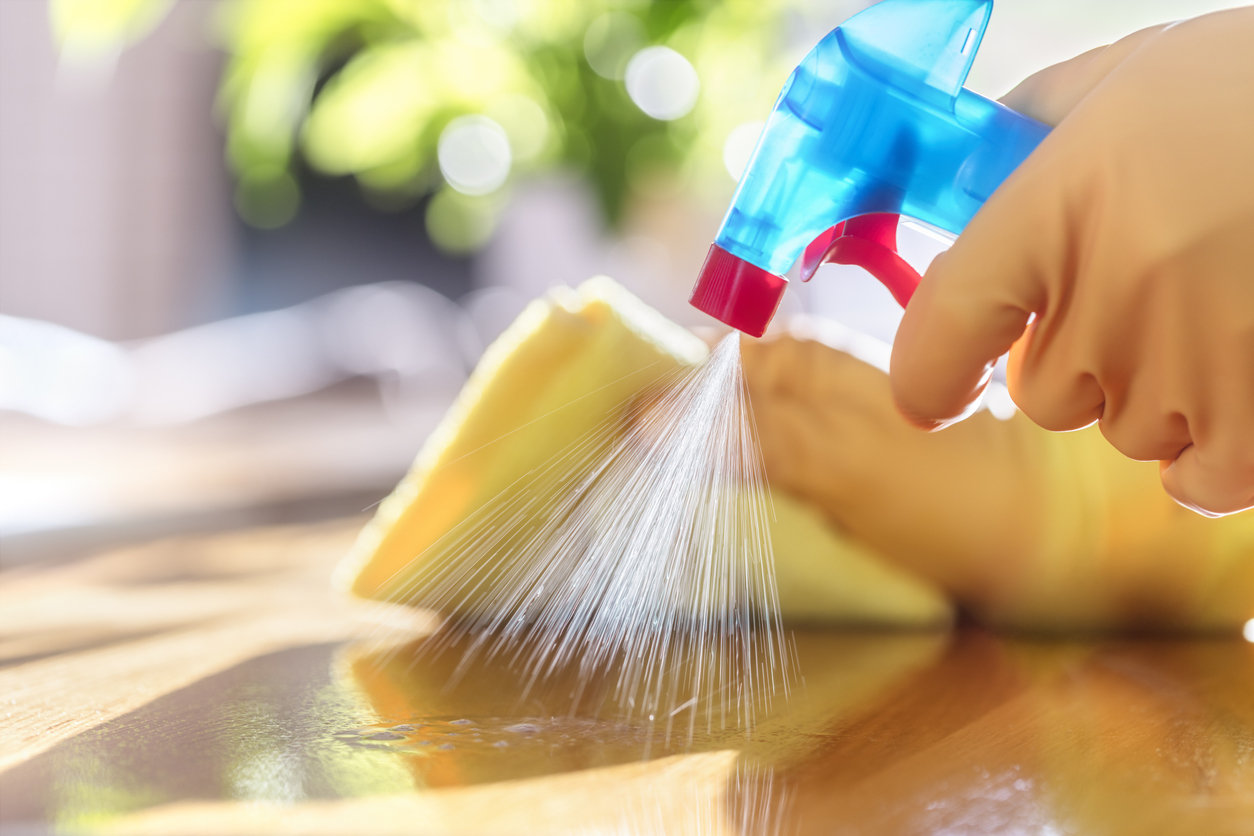
Even if a product says it kills 99.9% of germs, that may only be the case if you are following the directions. Some products need to stay on a surface for a given amount of time in order to be as effective as then can be. If something needs to be on a surface for 10 minutes, but you only leave it on for two minutes, you may not be killing much of anything.
Should you use gloves when you clean?
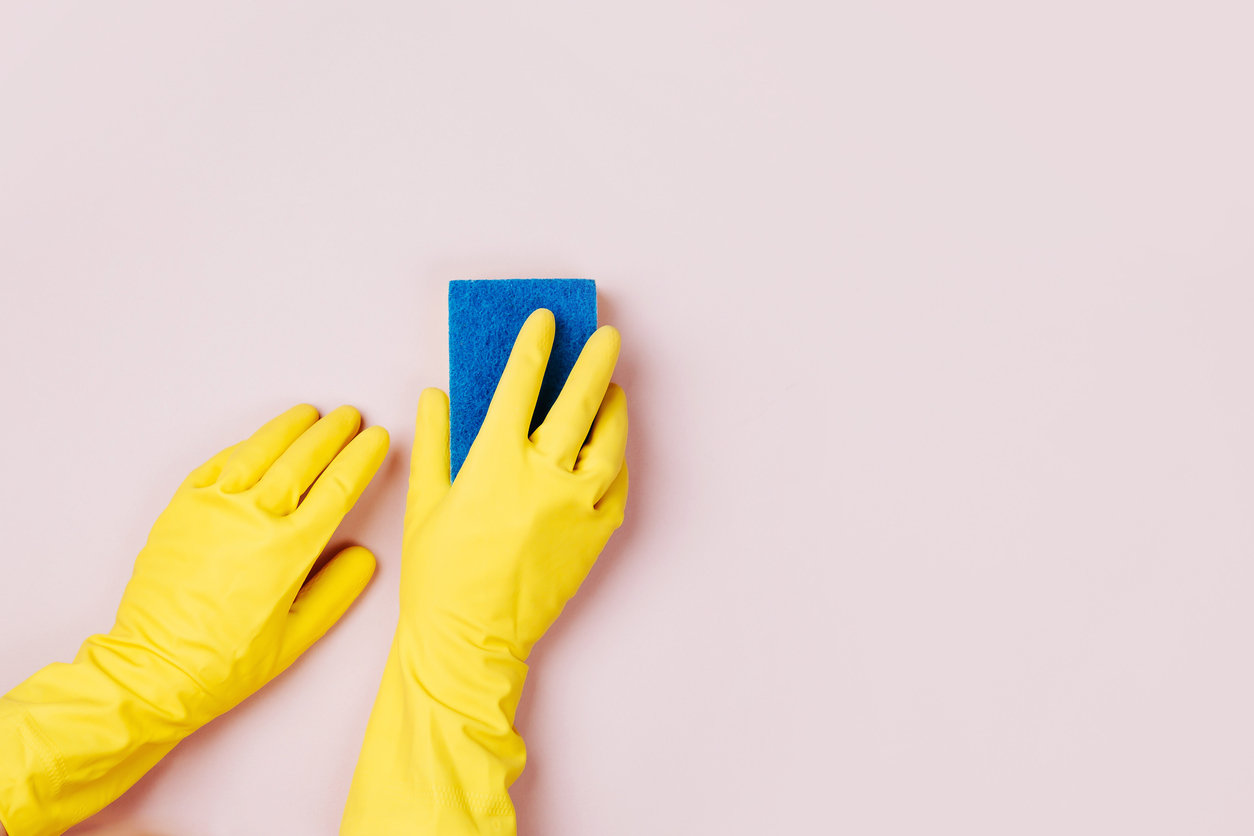
That's up to you. If you have sensitive skin and prefer to use gloves, then you totally should. If they are disposable gloves, get rid of them once you are done using them and be sure to wash your hands afterward. If you plan on using the gloves more than once, wash your hands before putting them on, then wash the gloves before taking them off, and then wash your hands again once the gloves have been washed and taken off.
What things in your kitchen need to be cleaned regularly, if not daily?
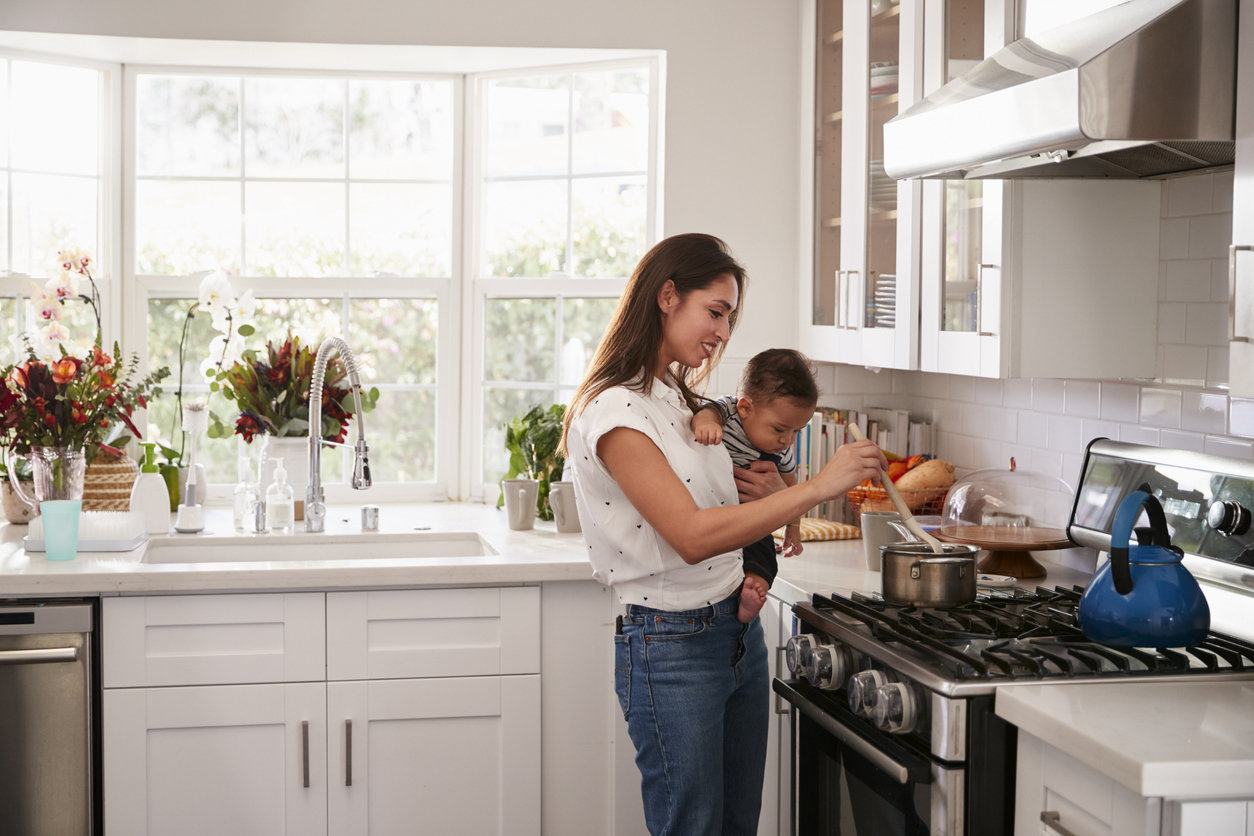
You want to clean anything that is a high-touch surface, meaning anything that gets touched a lot. Depending on what it is, you might want to clean it multiple times a day, once a day, or every time it gets used. Not sure what kinds of surfaces need your attention? We got ya!
Refrigerator handles get a lot of grime on them.
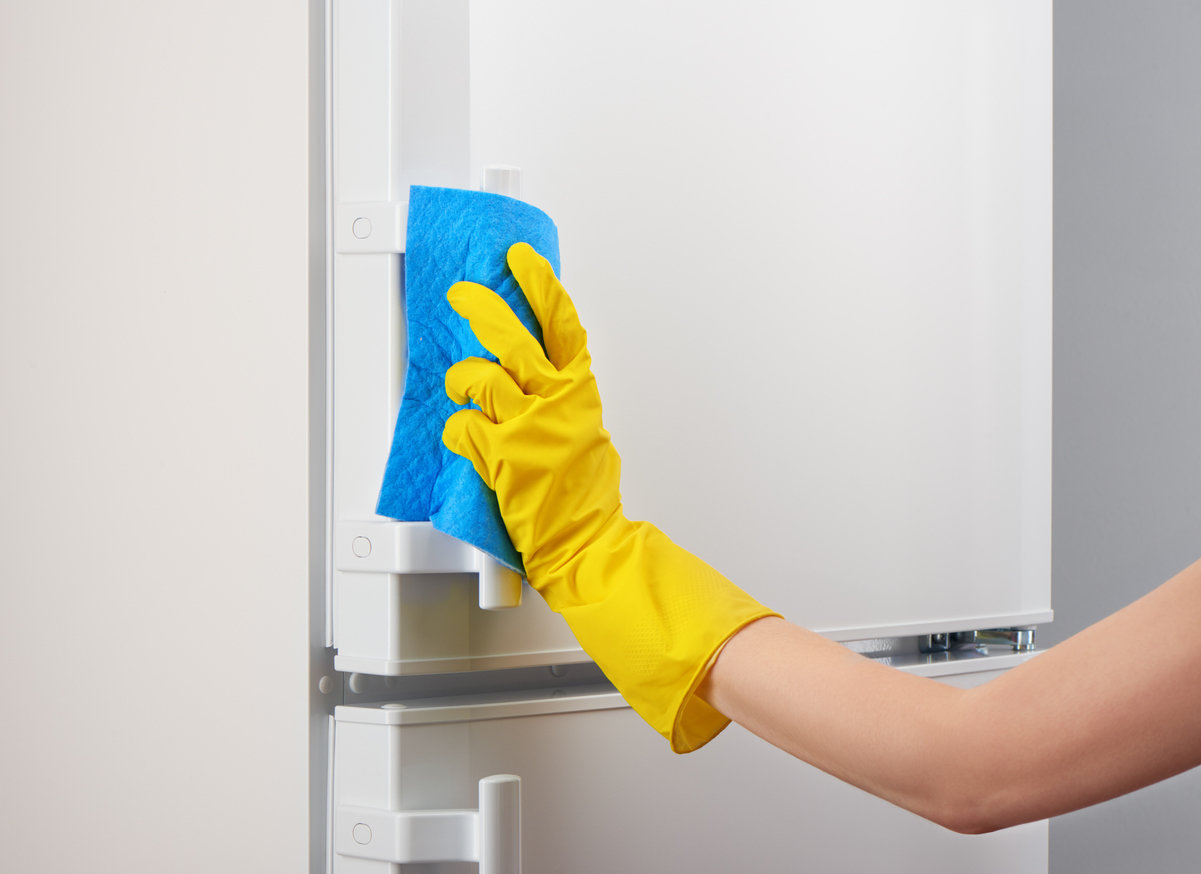
Have you ever looked at the handles on your refrigerator and been amazed at how dirty they are? Those poor things get touched by dirty hands day in and day out. They need a good disinfecting wipe down daily, if possible.
Don't forget about your microwave and oven!
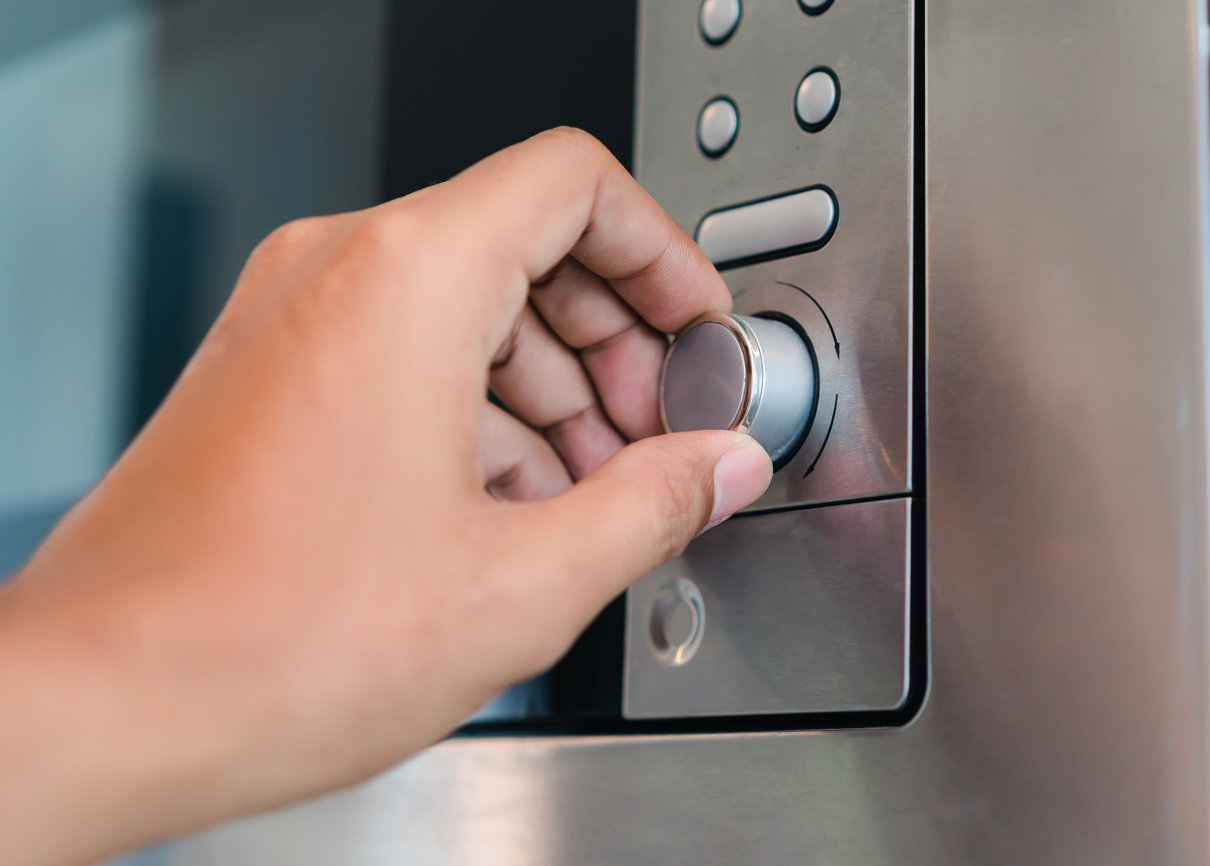
Sure, you know that the inside of your oven and microwave need cleaning, but are you remembering to pay attention to the outside of those appliances. They get touched a lot, which is why they should get cleaned a lot. Clean the handles and any surfaces that get touched on them daily. Remember that you don't have to be the one who does the cleaning. Get family members to pitch in, too.
Clean the light switches.
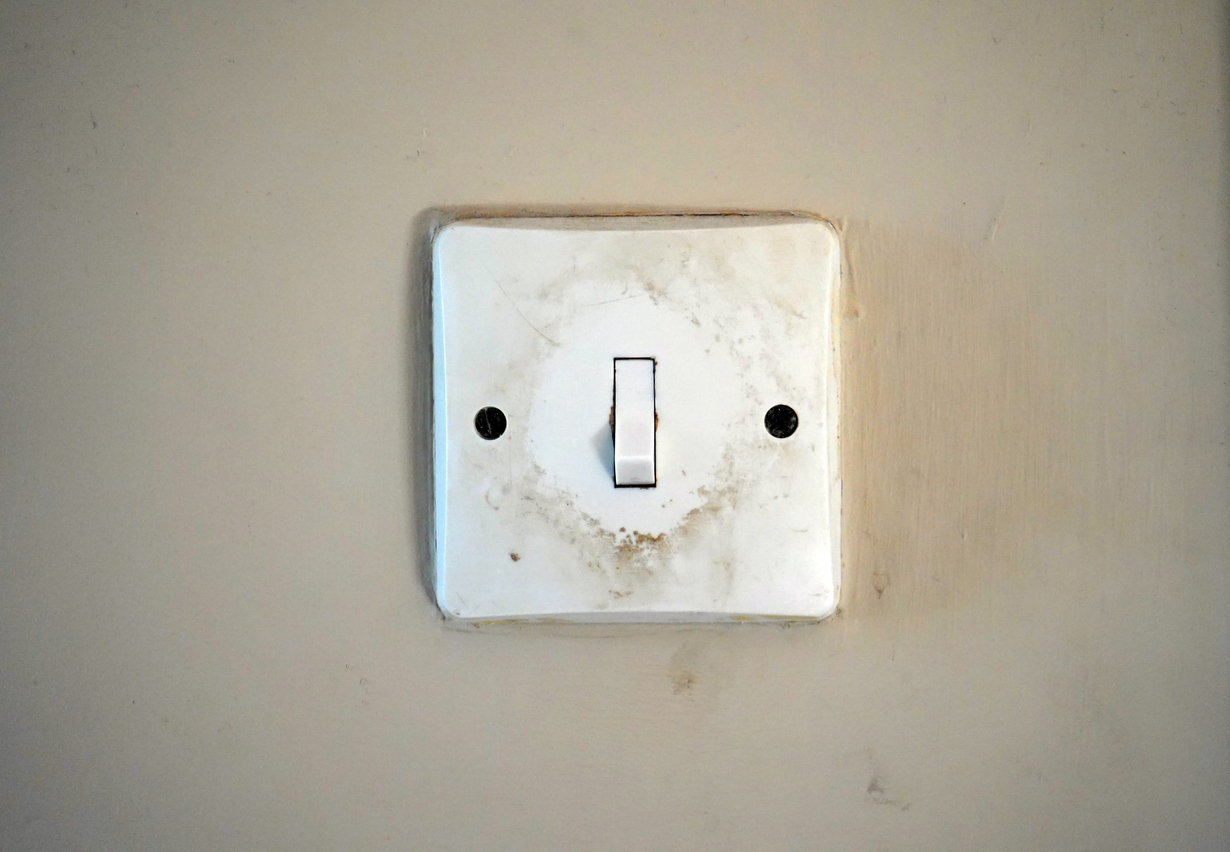
Light switches get flipped on and off constantly, but how often do they get cleaned? Even if they aren't visibly dirty, they need to be on your regular rotation of items to clean. This doesn't just apply to the light switches in your kitchen either.
Is it a knob, handle, or pull?
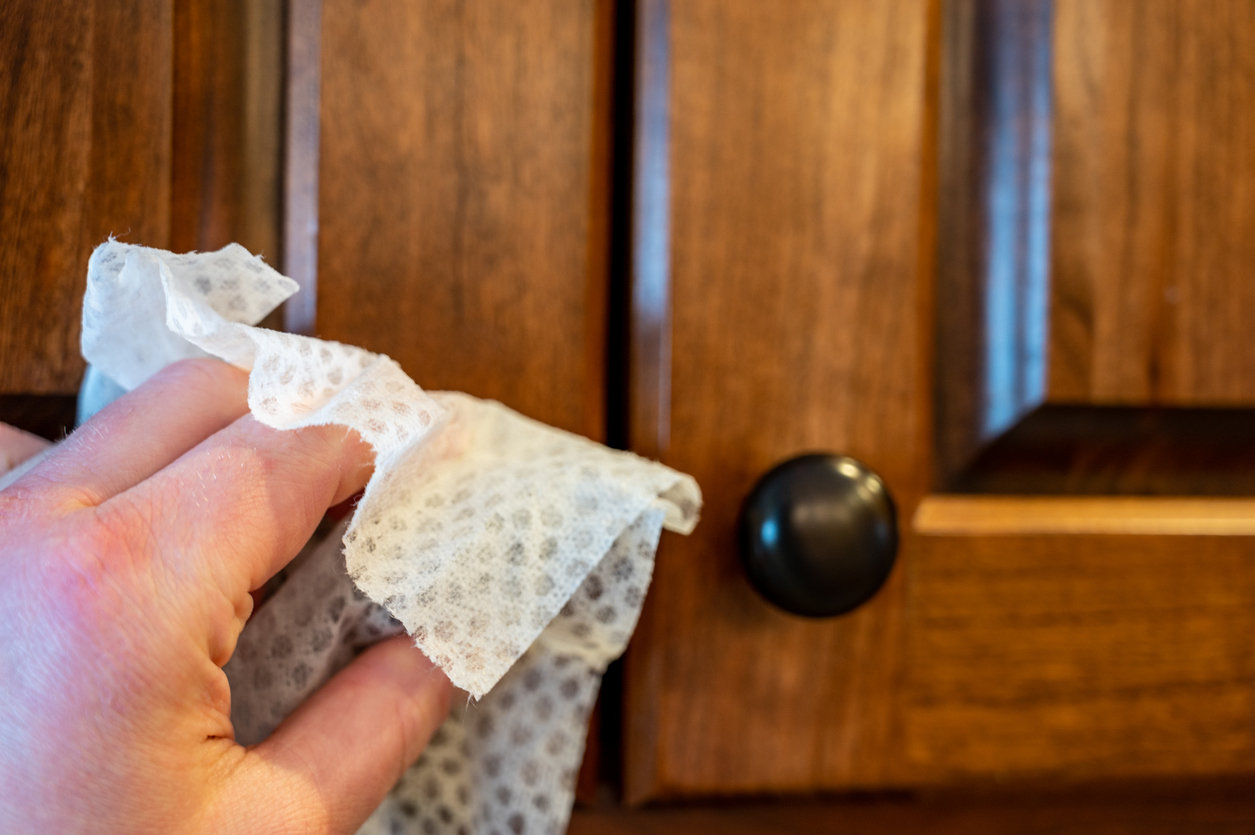
If the answer is yes, then give it a clean. Those knobs, handles, and pulls are used by hands. Those same hands end up with germs on them that can later be transferred to mouths, noses, and eyes.
Cleaning the inside of the fridge is never a bad idea.
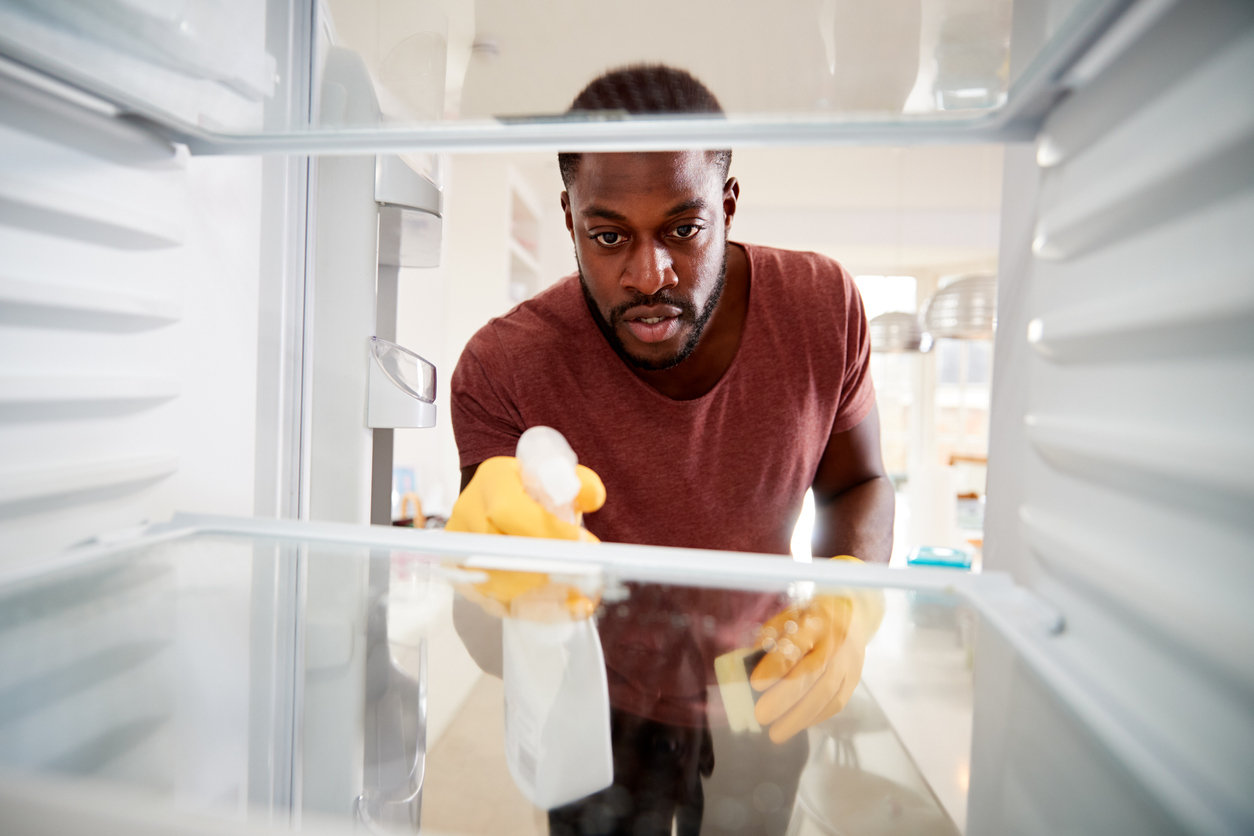
This is not something we recommend doing regularly, but when there are visible spills or messes, it's time! You don't want germs to attach themselves to any of those spills and start to grow. It's also a good opportunity to throw out any expired items.
Clean any and all surfaces that you prepare food on.
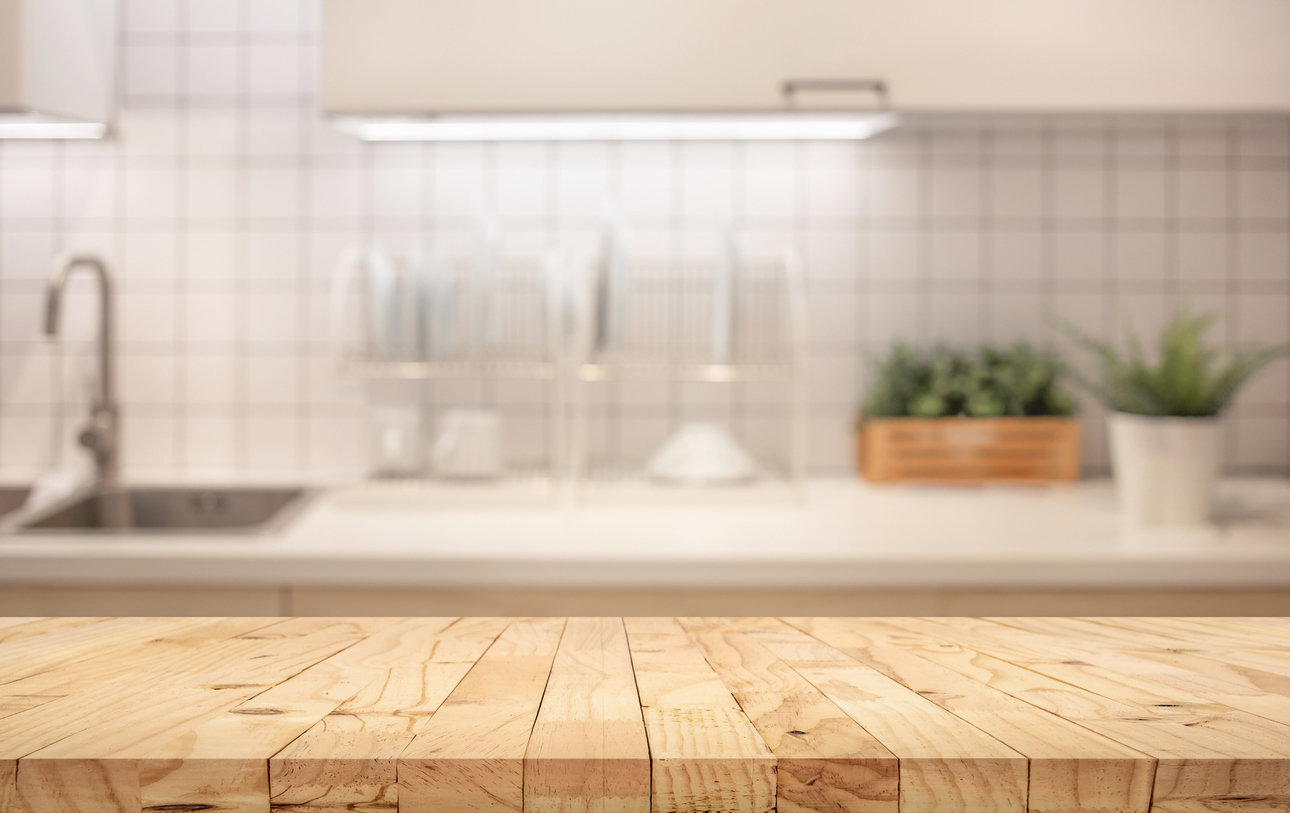
That seems like a no-brainer, right? The thing is you really need to be mindful of this and make sure you are actually cleaning the surface and not just wiping any visible crumbs off of it. Use an actual cleaner that will disinfect or scrub the surface with soap and water. Don't just use a wet sponge to wipe it off.
Kitchen chairs where they get pulled and pushed.
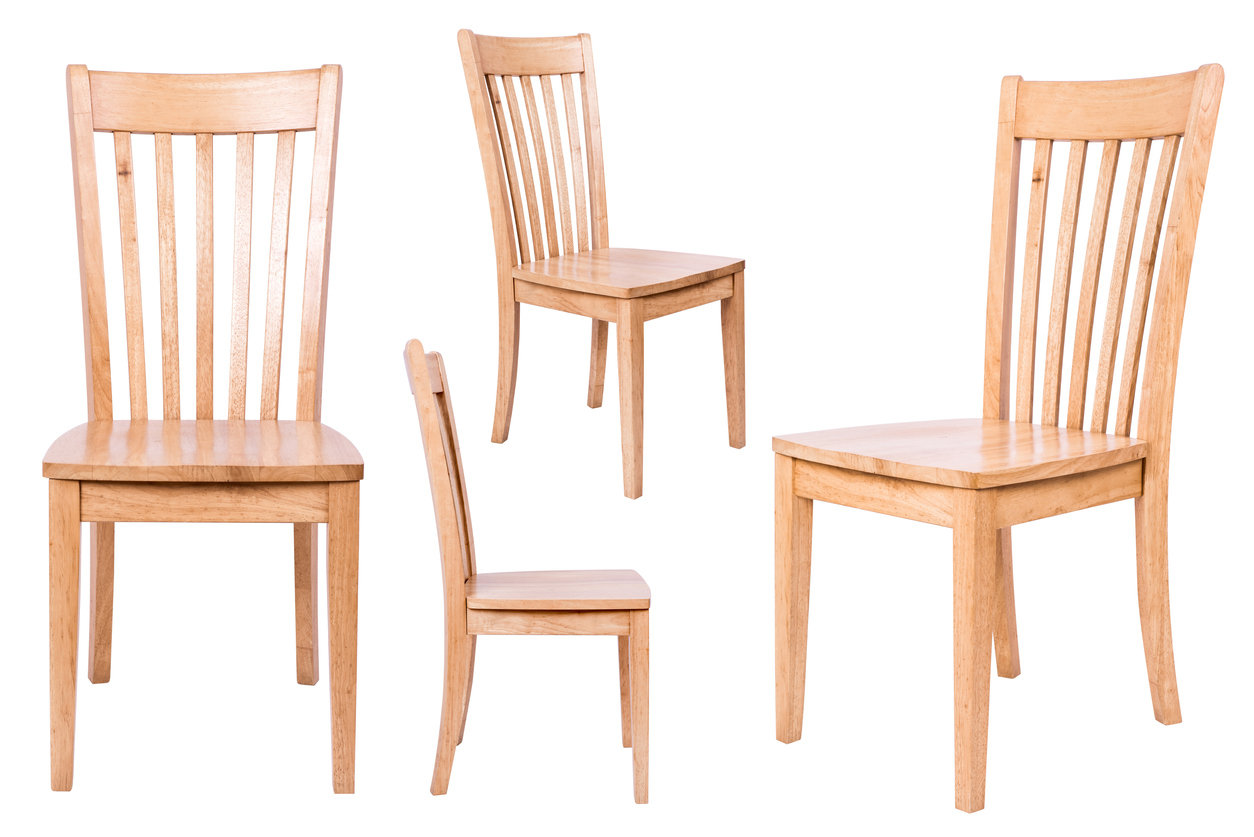
Do you ever find yourself asking your kids to push their chairs in once they are done eating? Chairs tend to get pushed and pulled every time they are used. Give the tops and sides a disinfecting regularly.
Beware of dirty kitchen towels.
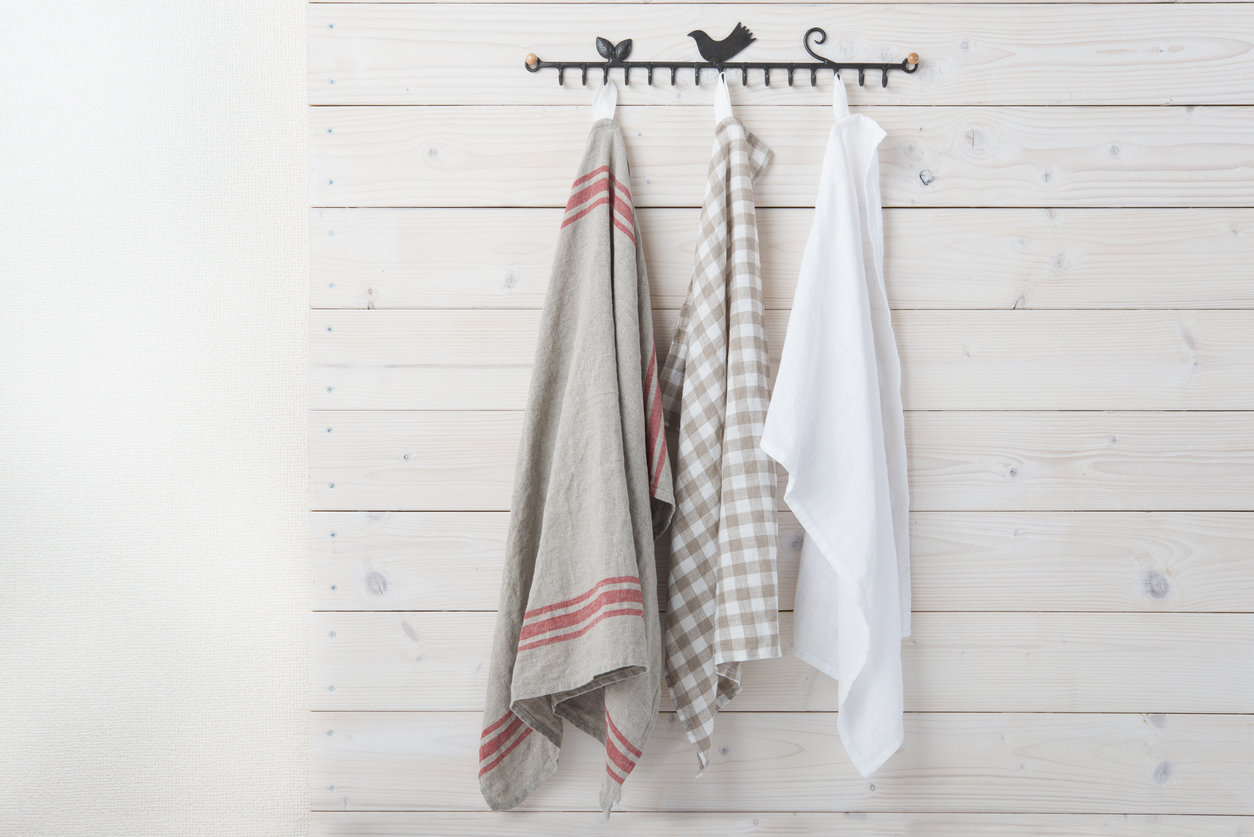
Clean kitchen towels are great and have so many uses. You can have a dedicated towel for drying dishes and a dedicated towel for drying clean hands, etc. But if you aren't careful, dirty kitchen towels can cause cross-contamination. Teach everyone in your home that if they wiped their dirty hands on a towel, that towel needs to go in the laundry basket.
Use the sanitizer setting on your dishwasher.
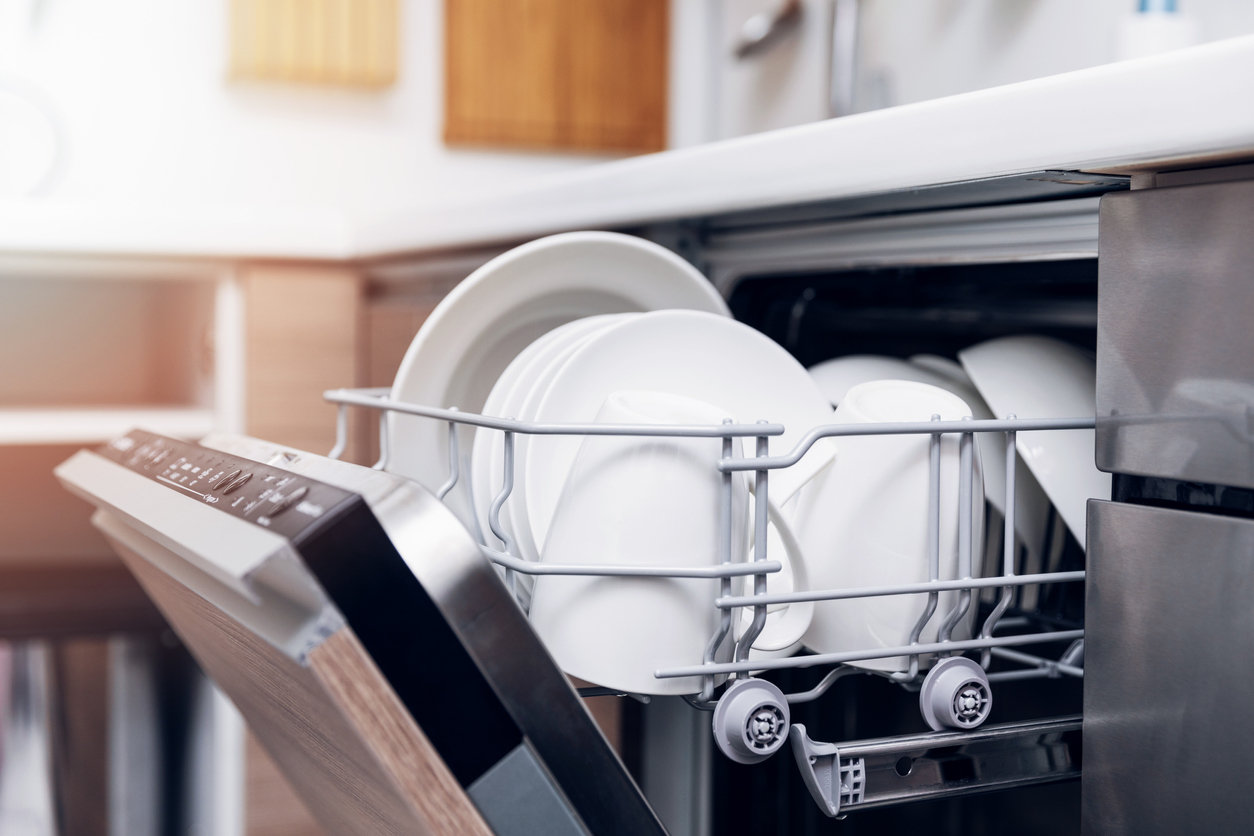
If you have a dishwasher with a sanitizer setting, don't be shy about using it. It's supposed to heat things up to the point that it makes it hard for any possible virus to survive. This is also a good option for giving your kitchen sponge a good cleaning.
Electronics get super dirty.

Modern kitchens have electronic devices and modern families bring electronics in and out of the kitchen as well. Electronics are notorious for being filthy. The CDC recommends you use the manufacturer's instructions for cleaning electronic devices and if there is no guidance, "use alcohol-based wipes or sprays containing at least 70% alcohol. Dry surface thoroughly."
Keep your floors clean.
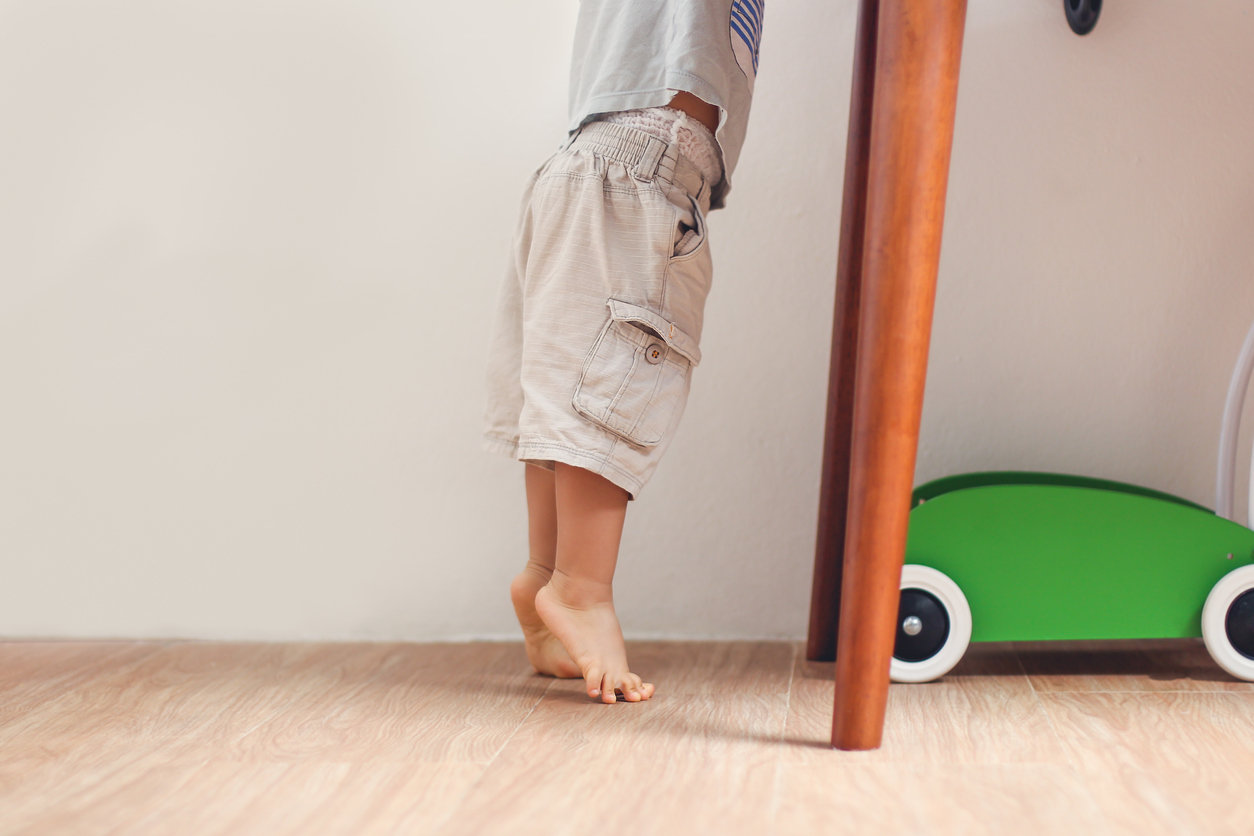
Floors get walked on and have things dropped on them. Keep them clean for everyone, but especially if you have really young children crawling around on them or dropping food on them that they pick up and pop into their mouths, because that's what kids do.
Don't bring dirty shoes into the kitchen or home.
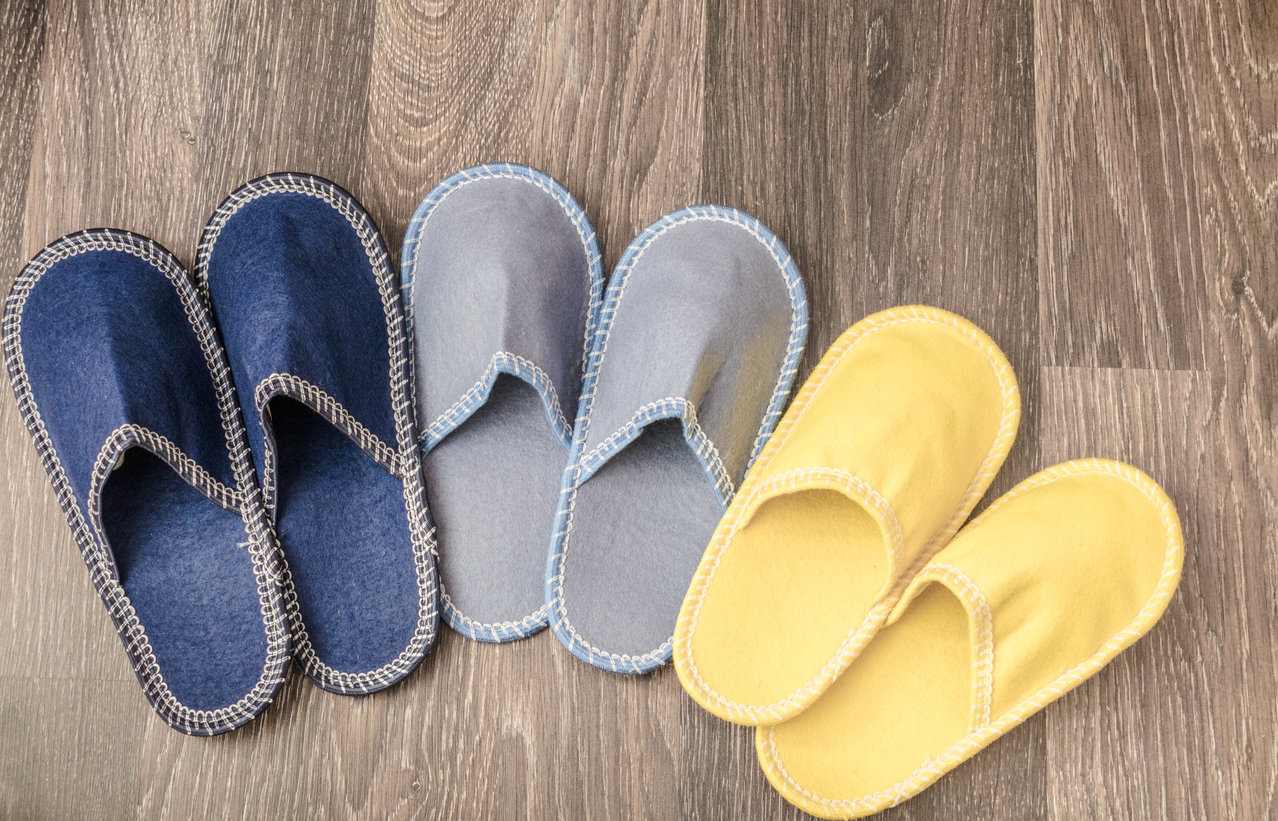
If you don't already have a no-shoes-in-the-home policy, now would be a good time to adopt it. Shoes that have been outdoors will track all kinds of nastiness into your home. We understand a lot of people–we see you abuela–aren't cool with walking around barefoot. That's OK, everyone can have a pair of house slippers that they slip on immediately upon entering your home.
What to do about groceries and packages you bring indoors?
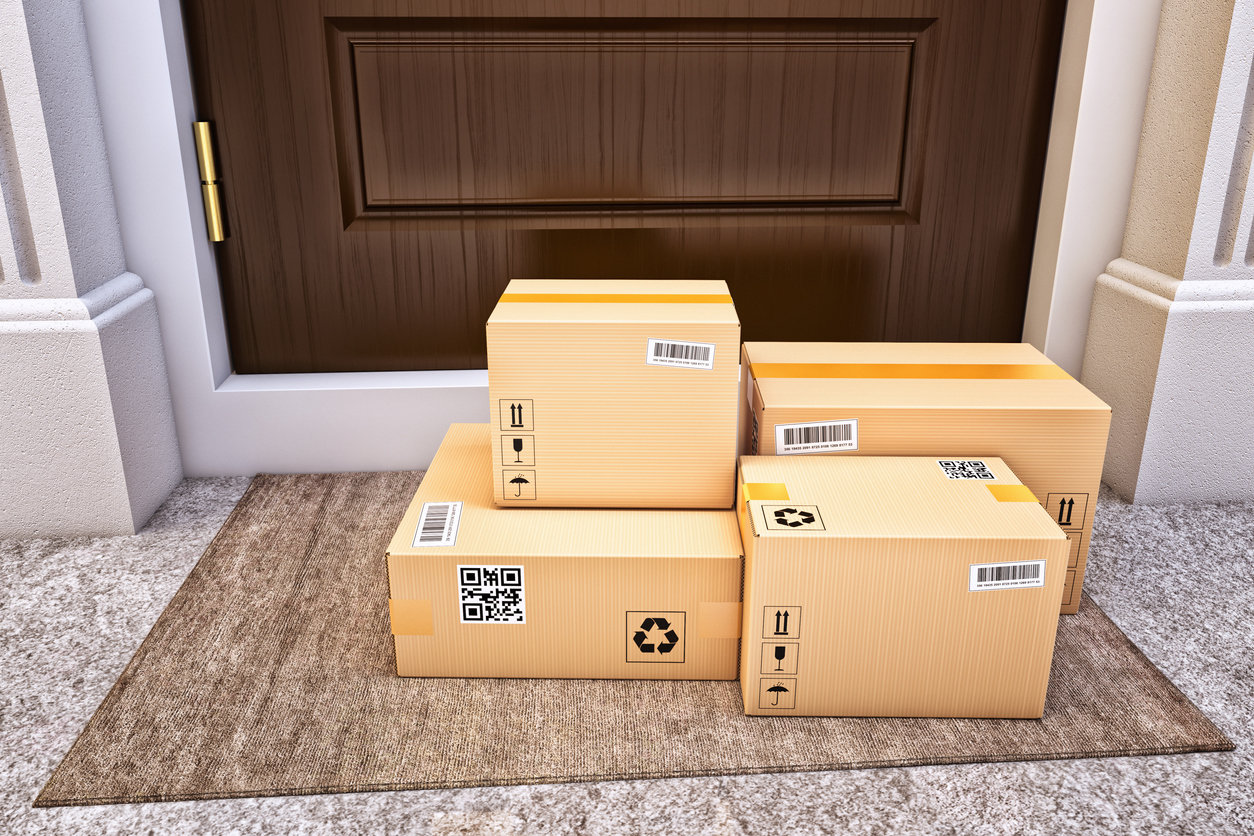
A simple trip to the grocery store or a delivery at your door can leave you with a whole mess of packages to clean. Sigh, what to do, what to do? According to Elizabeth L. Andress, PhD, who is a professor of foods and nutrition at the University of Georgia, you should definitely wash your hands after putting your groceries away. "Some people may choose to wipe or wash cans and boxes of food before storing them to reduce possible virus content," she says. Also, you can dispose of packaging and once everything is put away, you can clean any surfaces that came into contact with packaging or goods and always, always, end by washing your hands again.
What if you don’t have time to clean everything?

If you want to clean any nonperishable food items but don't have time, you can designate a corner to keep them in until you have time to disinfect them. You want that space to be one that other family members can easily avoid.
Don't drive yourself crazy!
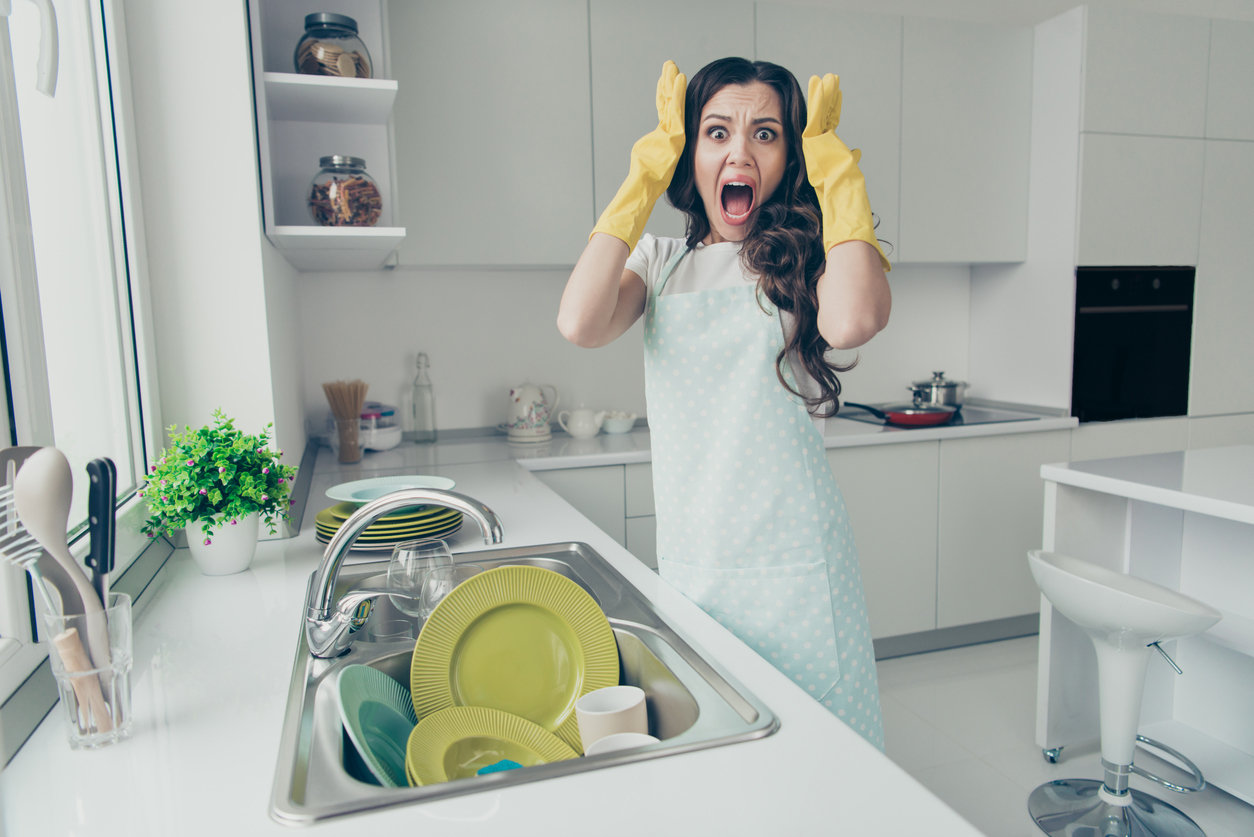
It's easy to get so freaked out about germs that you feel like you have to spend every single spare second cleaning. Don't do that to yourself. Practice common sense and ask everyone in the family to pitch in and help so that you don't feel overwhelmed.



